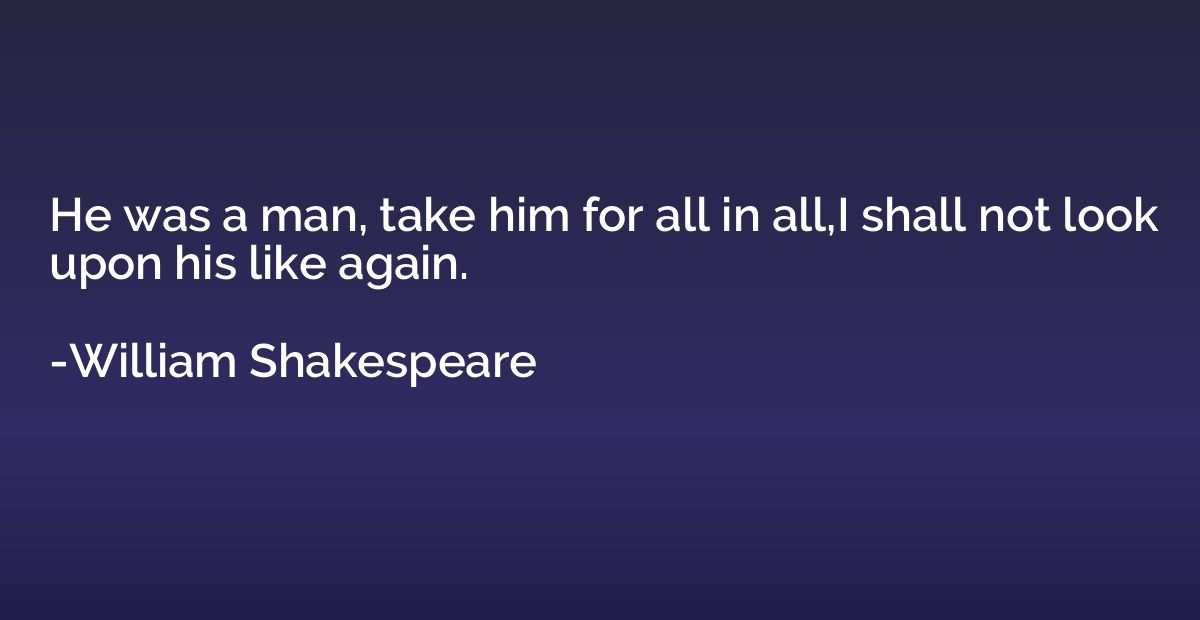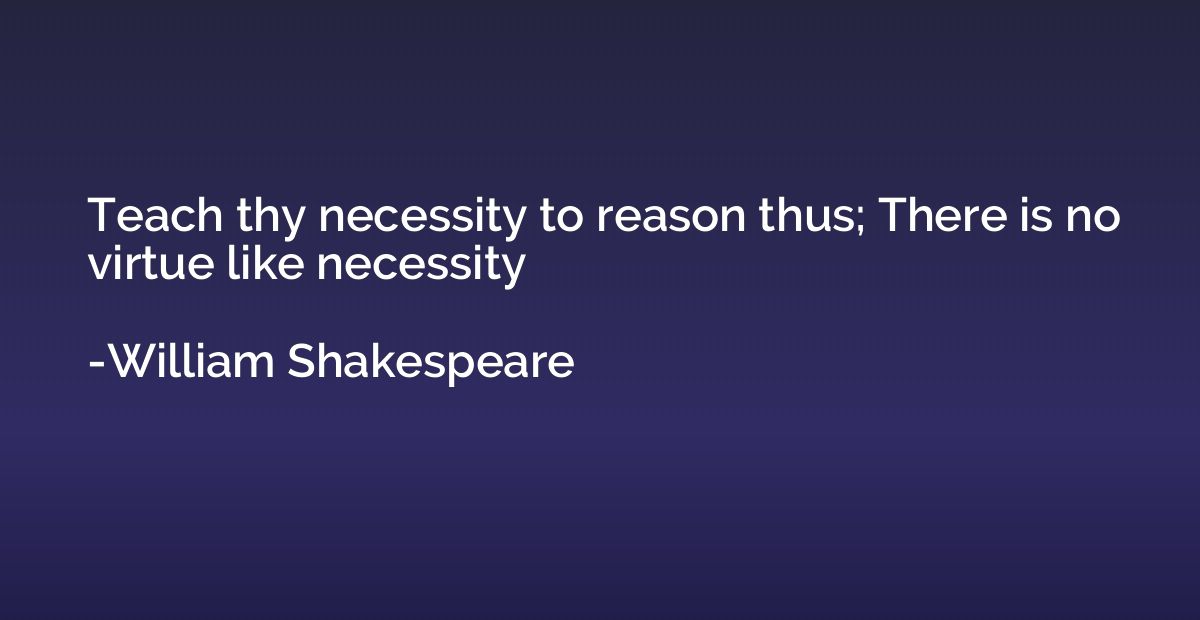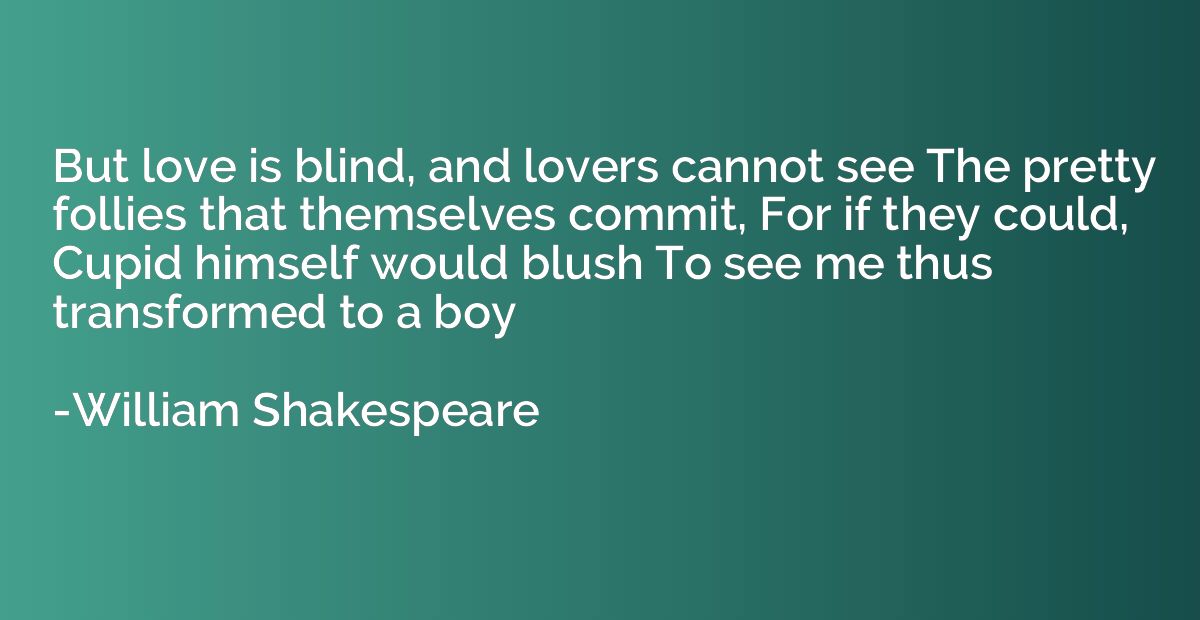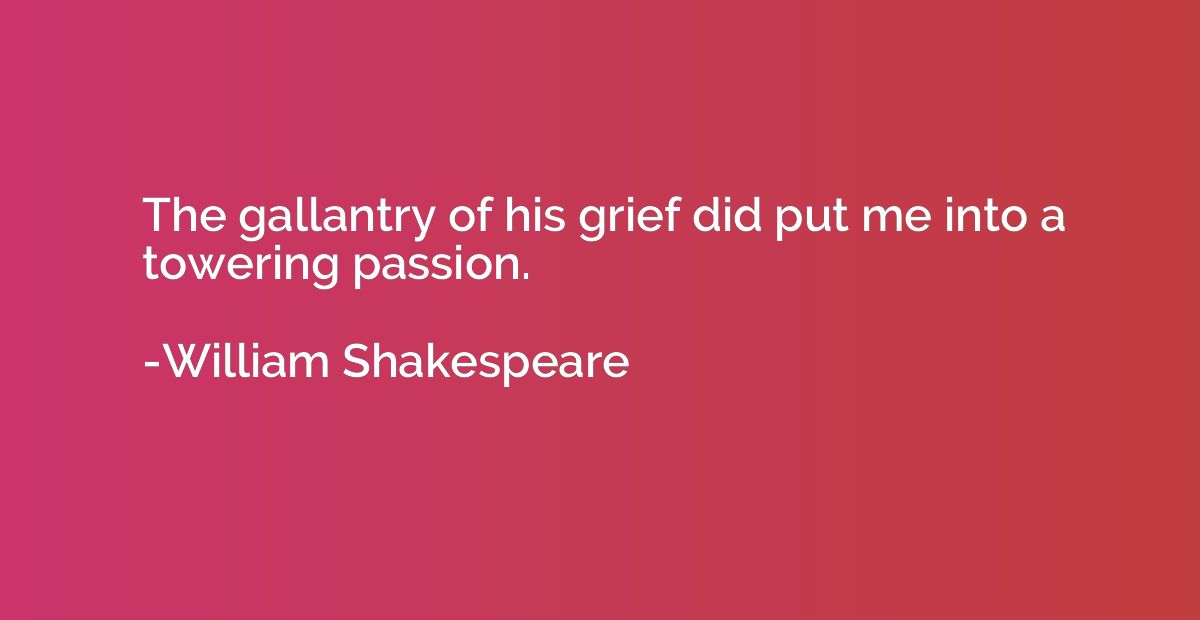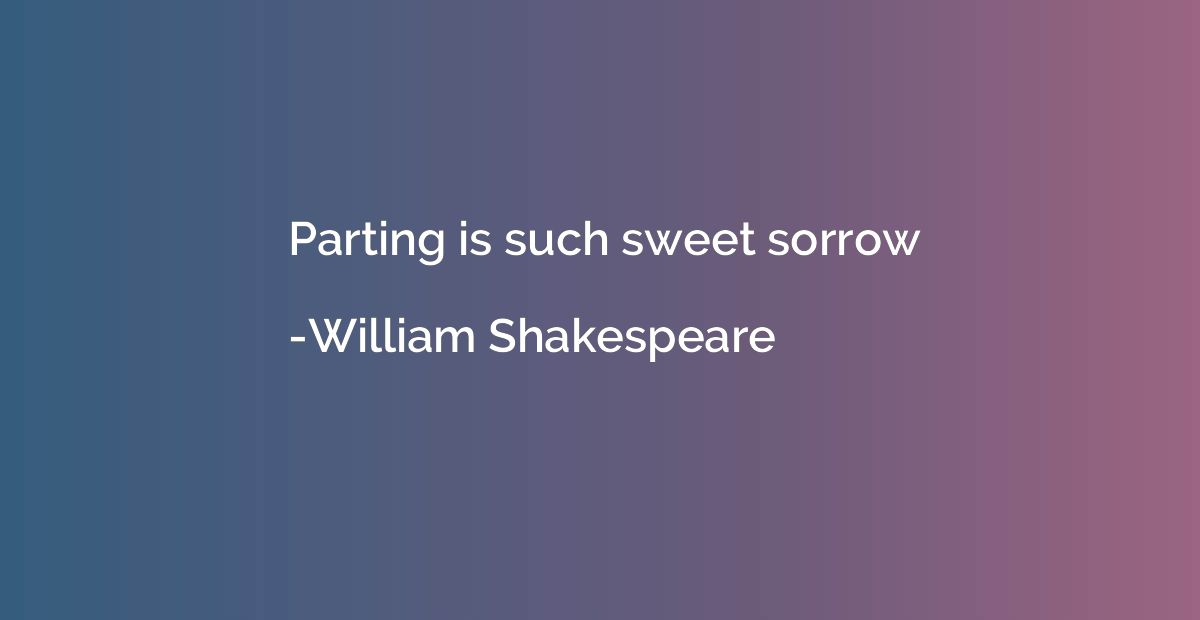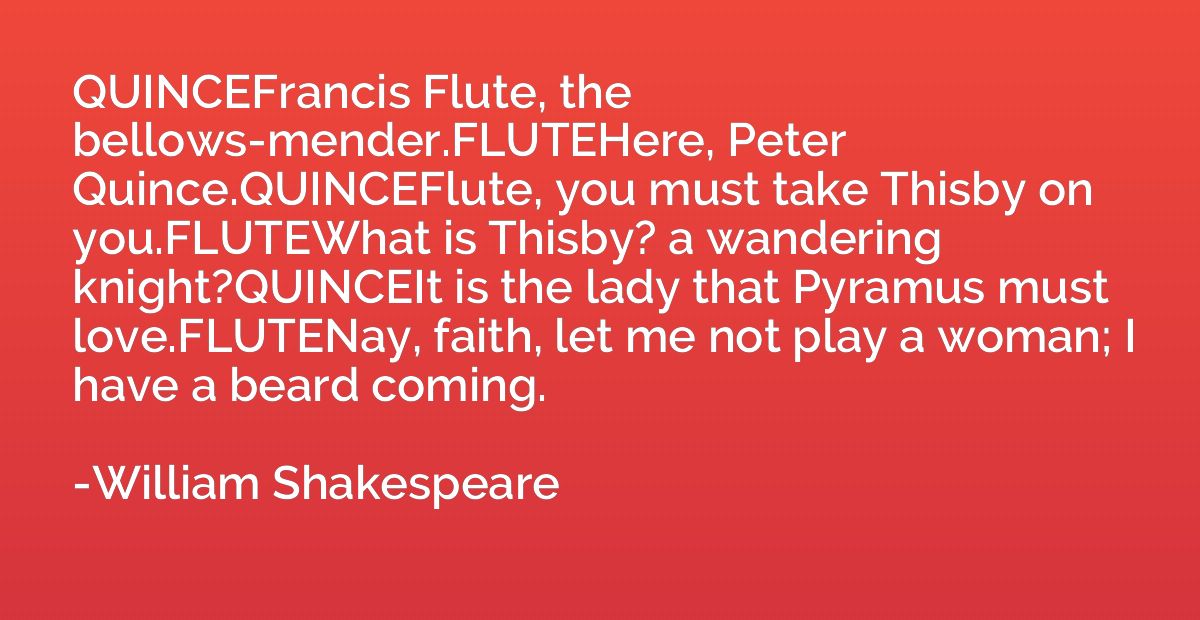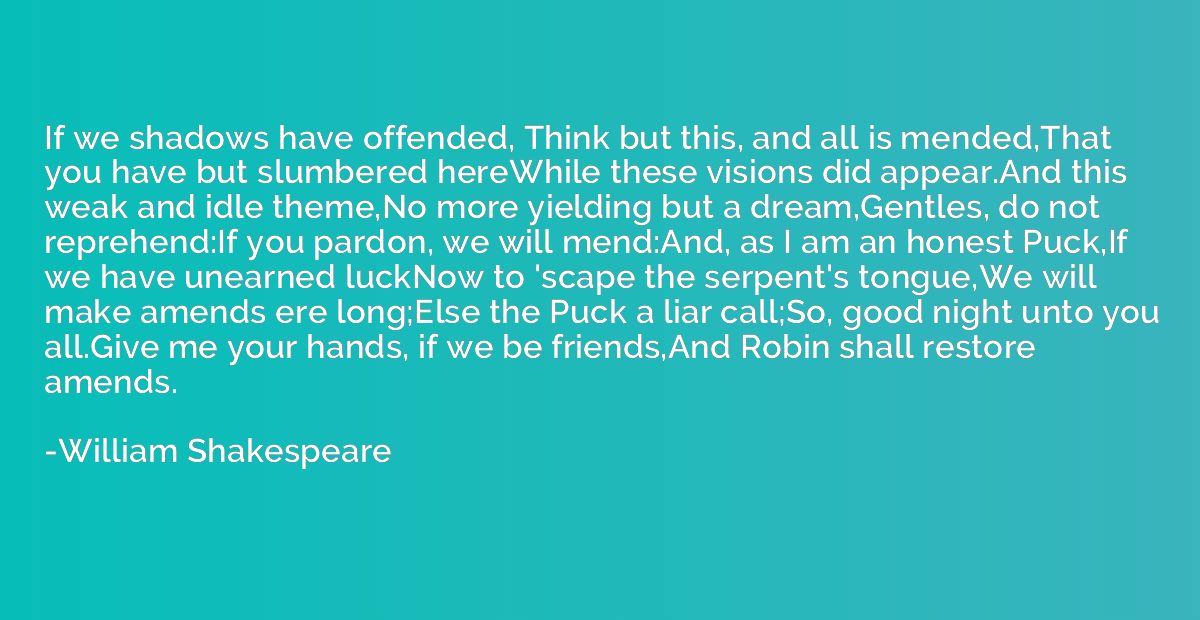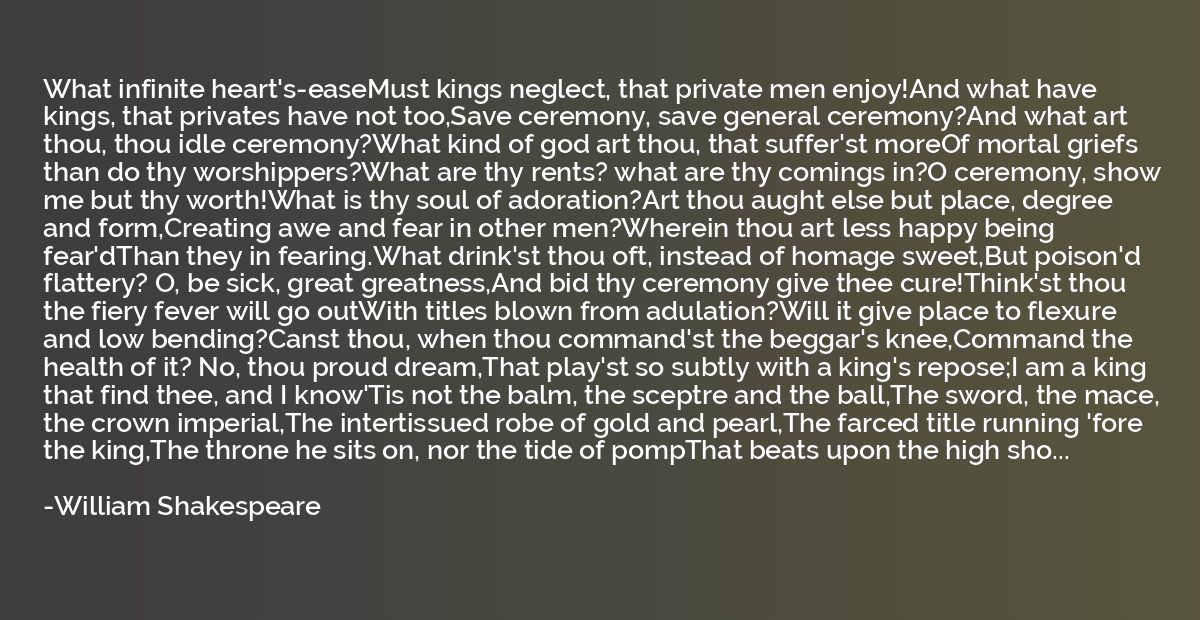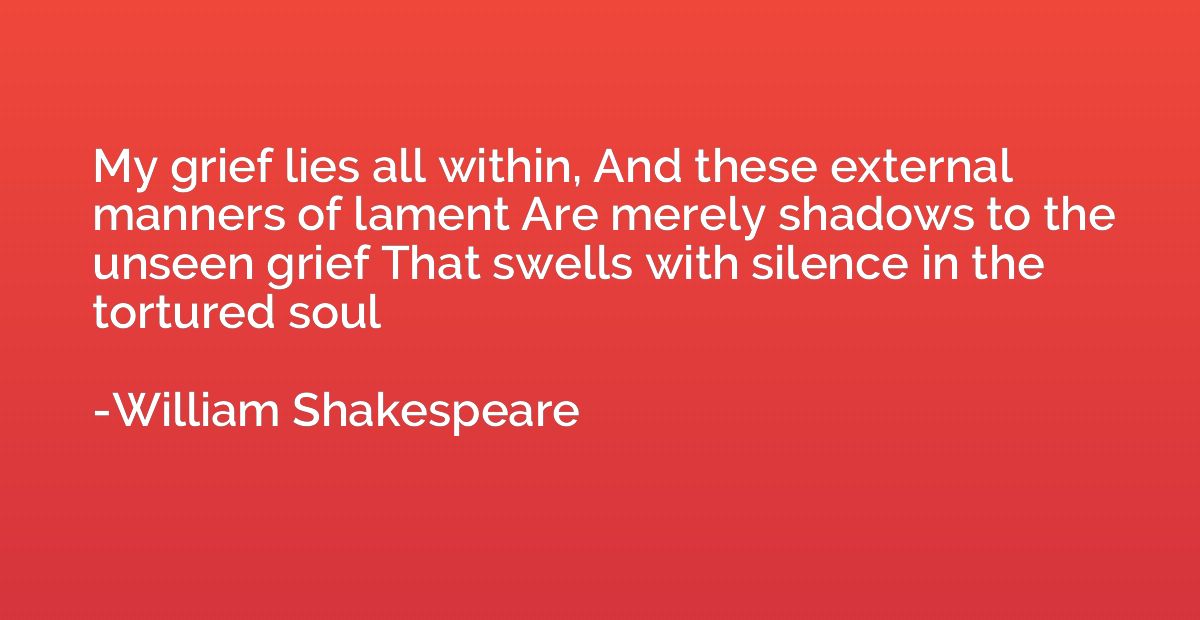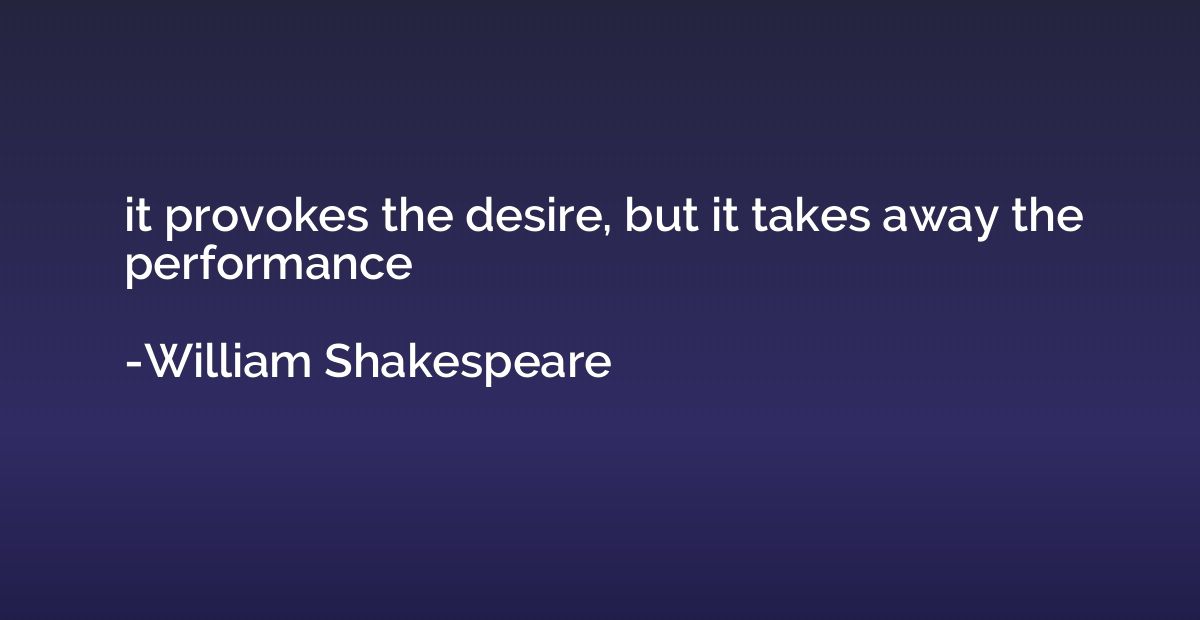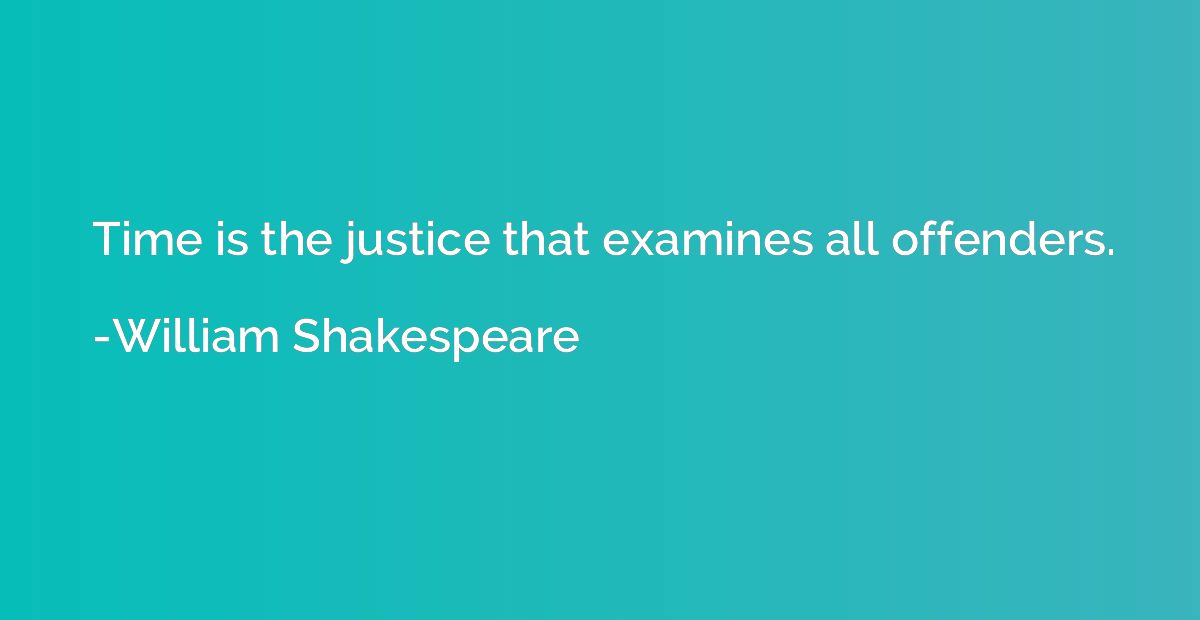William Shakespeare Quotes
A collection of quotes by William Shakespeare.
William Shakespeare is widely regarded as the greatest playwright in the English language and one of the most influential figures in world literature. Born in Stratford-upon-Avon, England, in 1564, his exact date of birth is unknown, but it is traditionally celebrated on April 23rd. Shakespeare grew up in an affluent family and received an excellent education at the local grammar school.
In 1582, he married Anne Hathaway, and they had three children together. By the late 1580s, Shakespeare had established himself as both an actor and a playwright in London. His works gained popularity and praise, and he became a prominent member of the Lord Chamberlain's Men, later renamed the King's Men, a leading acting company at the time.
Shakespeare's legacy rests primarily on his plays, which include tragedies like "Hamlet," "Macbeth," and "Romeo and Juliet," comedies such as "A Midsummer Night's Dream" and "Twelfth Night," and histories like "Henry V." He wrote a total of 37 plays, as well as numerous sonnets, poems, and other works.
Though his life is not well-documented, Shakespeare's impact on literature and drama is immeasurable. His plays continue to be performed all over the world, and his words have become part of the English language. Shakespeare's unparalleled storytelling, poetic language, and profound exploration of human nature have made him an icon of literature for centuries. He died in 1616, leaving behind a legacy that remains unparalleled to this day.
